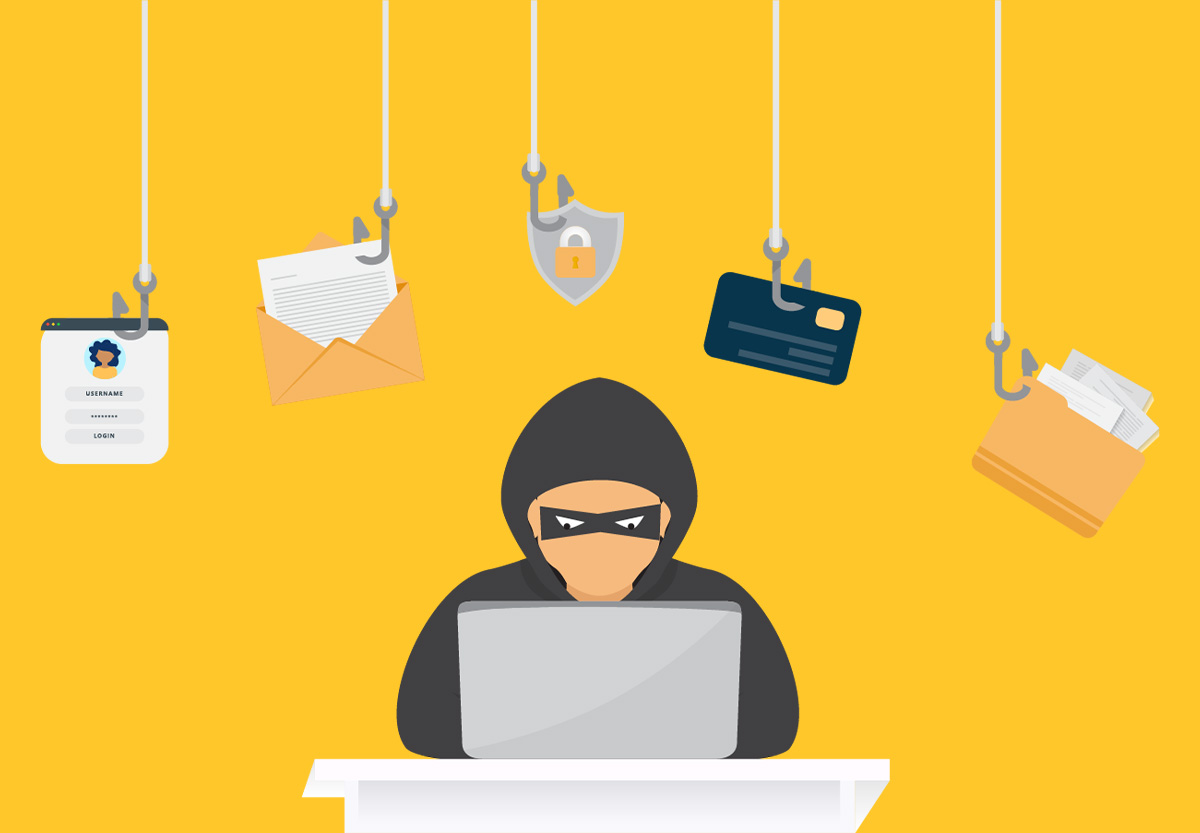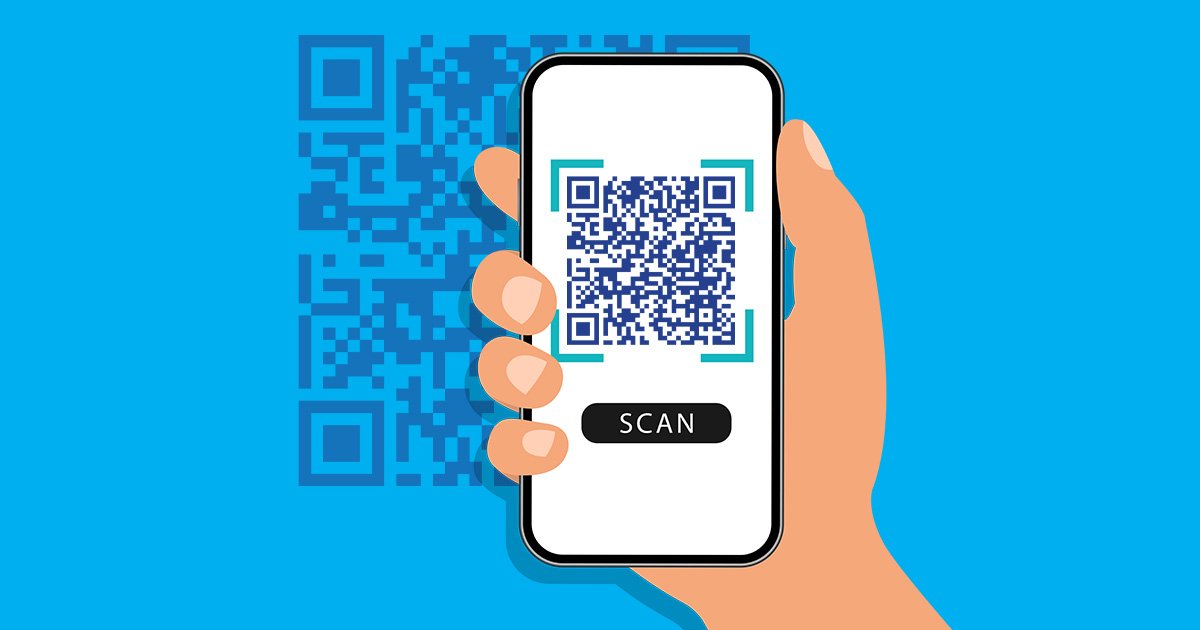
Protect Your Accounts: Risks of Phone and Email Access
While most people know the dangers of sharing information such as your Social Security Number or Account Information, another data set is just as crucial to protect: your phone number and email address. We give this out without a second thought to receive loyalty rewards or use services such as Uber.
However, these seemingly harmless pieces of information are often used as keys to unlock access to online accounts, including services like Zelle and other financial platforms. But how?
How Can Your Phone Number and Email Be Misused?
Your phone number and email address are commonly used as Personal Identifying Information (PII). While they may seem innocent, here are a few ways they can be exploited:
Password Resets: Most online accounts, including financial services like Zelle, allow users to reset their passwords via a phone number or email address. A fraudster could use this information to initiate a password reset and potentially gain access to your account.
Two-Factor Authentication (2FA): While 2FA adds an extra layer of protection if your phone number is compromised, fraudsters can access the verification code sent via SMS.
Phishing Attempts: Phishing is not a new trend, but scammers are getting better at making convincing emails to trick you into revealing passwords or other sensitive information.
SIM-Swapping: This occurs when a fraudster can transfer your phone number to their device via your mobile carrier. With your phone number, they can receive 2FA codes, make calls or texts, and even access your online banking.
How to Protect Your Phone Number and Email
With phone numbers and emails being such public information, here are some steps to help protect your information:
Enable Strong Passwords and Use a Password Manager
Ensure you use strong, unique passwords for every account, especially your email and financial accounts. If you have trouble remembering them, use a secure password manager to help keep track of your various passwords.
Turn on Multi-Factor Authentication
Whenever possible, enable multi-factor authentication (MFA) using a secure method, such as an authenticator app or hardware token, instead of relying solely on SMS-based 2FA.
Beware of Phishing Emails
If you receive an email that appears to be from an organization you trust, contact the company directly. Never click on links or attachments from emails you were not expecting.
Monitor Your Accounts Regularly
Keep an eye on your financial and email accounts for unusual activity. Many financial institutions, including Community First, offer alert features that notify you of suspicious transactions.
Consider Using a Separate Email for Financial Accounts
Using a dedicated email address only for financial or sensitive activities can help reduce the risk of fraud.
Contact Your Mobile Carrier
Some mobile carriers can add a PIN to help prevent SIM-Swapping attacks.
At Community First Credit Union of Florida, we continuously work to keep your financial information safe. If you suspect your account has been compromised or have any concerns about your financial security, don't hesitate to contact us immediately. We are here to help protect you from potential threats and secure your financial future.









